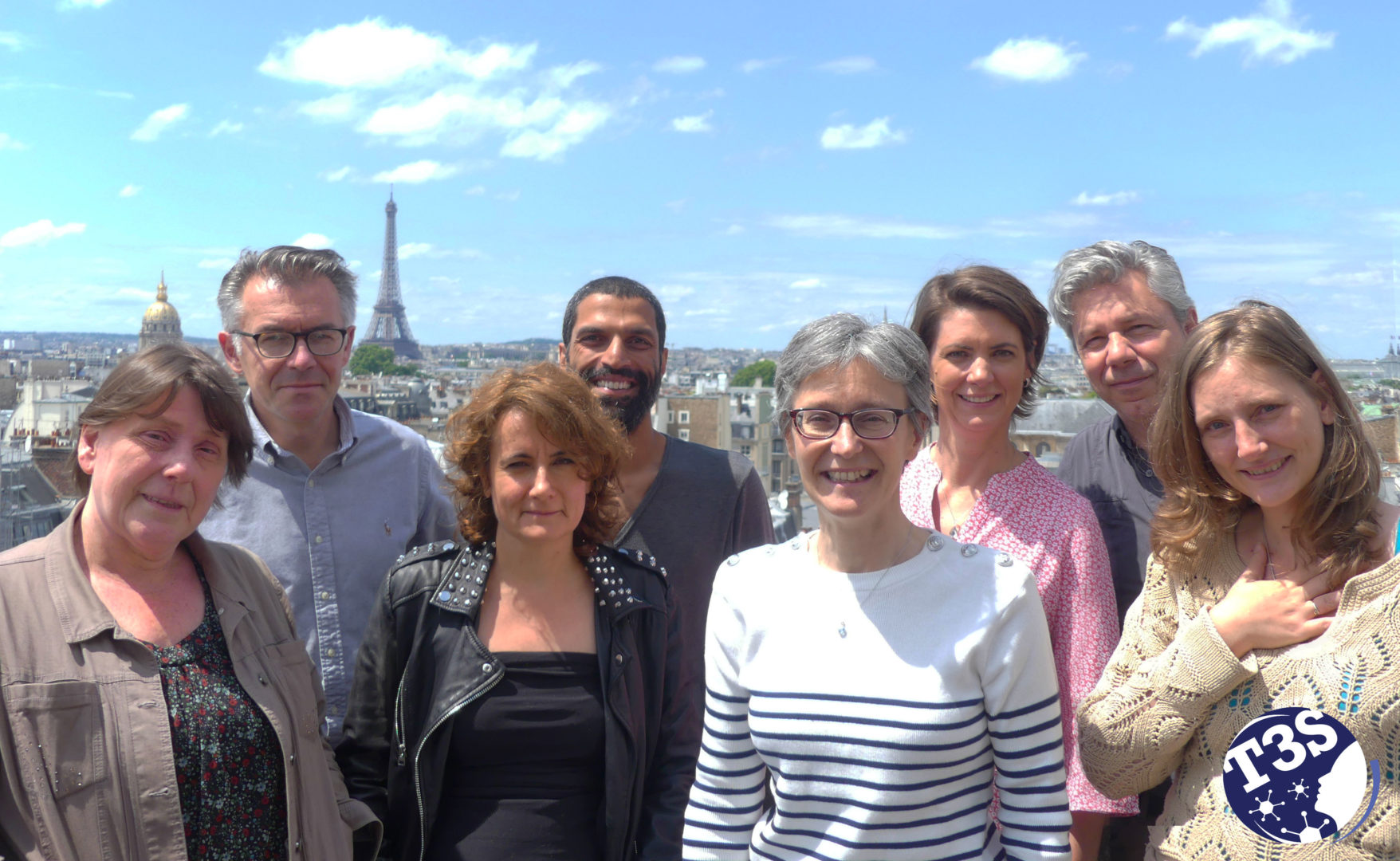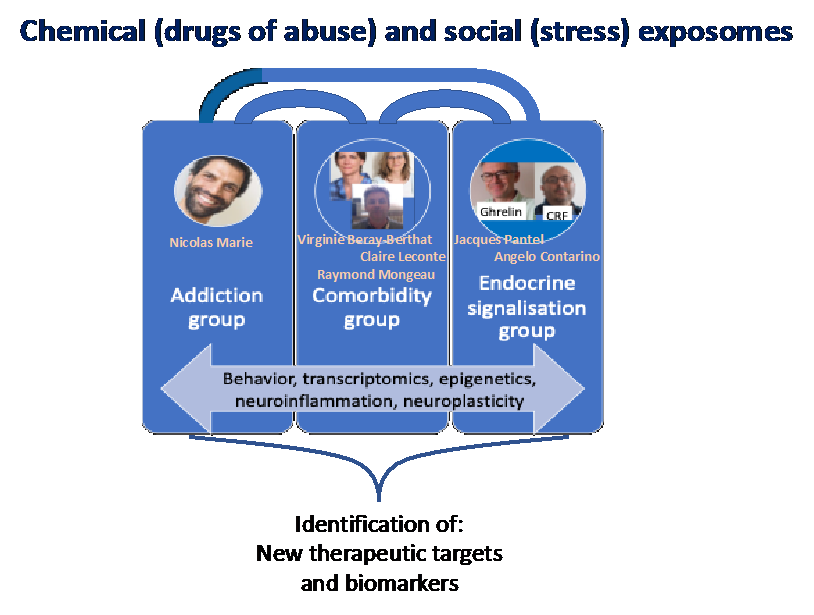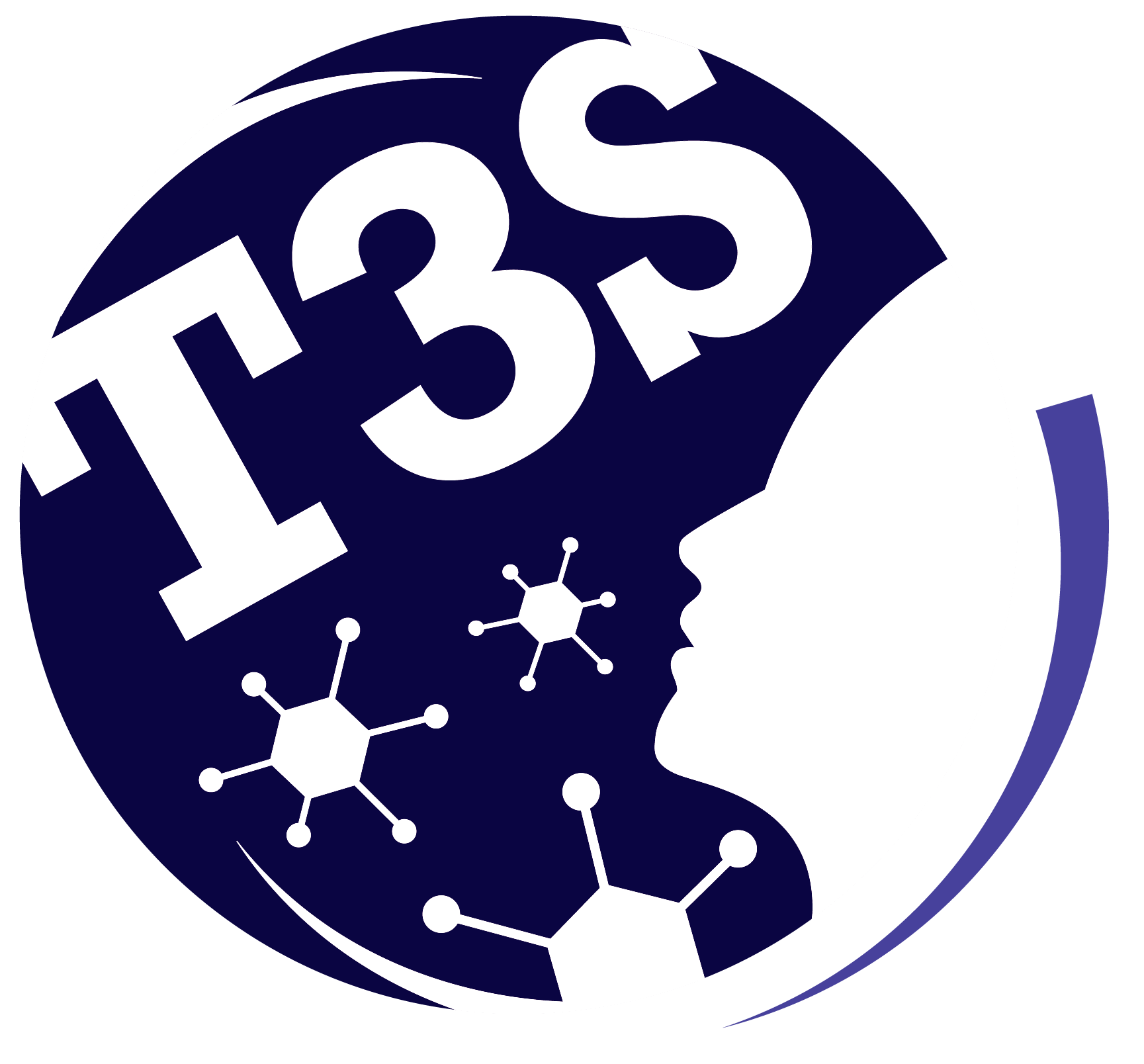Team 8 – Pharmacology and Addiction Therapies

The current purpose of neurobiological research on psychiatric diseases is to understand the genetic/epigenetic, cellular and molecular mechanisms that mediate the transition from physiological to pathological states. However, when it comes to relapses, in particular after long periods of recovery and abstinence, the international literature is very poor. The activity of our team aims to fill this gap. We are indeed interested in the long-term impact of the exposome at a functional level (receptors, signal transduction, gene profiling, epigenetics regulation) and also by the characterization of peripheral prognostic biomarkers.
To answer our scientific questions, the team is made up of different groups (see illustration). These groups have a specific research focus, but the results obtained are shared between the other groups, enabling mutual enrichment of the research programs.
The addiction group (group leader: Nicolas Marie) aims to develop epigenomic and transcriptomic analysis to identify new therapeutic pathways and biomarkers for monitoring disease progression and therapeutic response. One of the group’s objectives is also to study the pharmacological impact of current clinical treatments on neuroplasticity induced by drugs of abuse (mainly opioids and cocaine). Integrated approaches are used for this purpose.
The co-morbidity group (group leaders: Raymond mongeau, Virginie Beray-Berthat, Claire Leconte): the main aim of this group is to better understand the very high prevalence of co-morbidity between post-traumatic stress disorders (PTSD) and substance abuse. This is crucial, as studies have clearly shown that people suffering from co-occurring disorders have poorer therapeutic outcomes than those suffering from only one type of disorder. New therapeutic strategies must therefore be proposed. Integrated approaches are used for this purpose.
The neuroendocrine signaling axis group comprises two main axes: the Ghrelin system (led by Jacques Pantel) and the CRF system (led by Angelo Contarino). The results obtained clearly demonstrate the involvement of CRF in Substance Use Disorders (SUD). On the other hand there is mounting evidence suggesting that the ghrelin system may serve as a biomarker for assessing pathological states following environmental stressors of a chemical and/or social nature. Both systems may play a key role in relapse, the main problem in clinic. All our results highlight these systems as potential targets for new therapeutic strategies, with druggable targets.
Keywords: addiction, stress, therapeutic targets, biomarkers, behavior, epigenetics

Team leader
- Florence Noble, CNRS researcher, DR-CNRS, Pharmacology and Addiction Therapiesflorence.noble@-Code to remove to avoid SPAM-u-paris.fr, +33 1 42 86 38 89, room H436
Members
- Virginie Beray-Berthat, Associate professor, MCU Université Paris Cité, Pharmacology and Addiction Therapiesvirginie.berthat@-Code to remove to avoid SPAM-u-paris.fr, room H436
- Corinne Canestrelli, Inserm Assistant Engineer, Pharmacology and Addiction Therapiescorinne.canestrelli@-Code to remove to avoid SPAM-u-paris.fr, +33 1 42 86 22 73, room H436

 Angelo Contarino, Associate professor, MCU Université de Bordeaux, Pharmacology and Addiction Therapies
Angelo Contarino, Associate professor, MCU Université de Bordeaux, Pharmacology and Addiction Therapies- Claire Leconte, Associate professor, MCU Université Paris Cité, Pharmacology and Addiction Therapiesclaire.leconte@-Code to remove to avoid SPAM-u-paris.fr, room H436
- Nicolas Marie, CNRS researcher, CR-CNRS, Pharmacology and Addiction Therapiesnicolas.marie@-Code to remove to avoid SPAM-u-paris.fr, +33 1 42 86 38 89, room H436
- Raymond Mongeau, Associate professor, MCU Université Paris Cité, Pharmacology and Addiction Therapiesraymond.mongeau@-Code to remove to avoid SPAM-u-paris.fr, room H436
- Jacques Pantel, INSERM researcher, CR- INSERM, Pharmacology and Addiction Therapiesjacques.pantel@-Code to remove to avoid SPAM-inserm.fr, +33 1 42 86 22 73, room H436

Recent Publications
Article
- The GhsrQ343X allele favors the storage of fat by acting on nutrient partitioning.
Marion C, Zizzari P, Denis RG, Hassouna R, Chebani Y, Leste-Lasserre T, Doat H, Le Pen G, Cota D, Noble F, Luquet S, Pantel J : J Endocrinol, 2021







